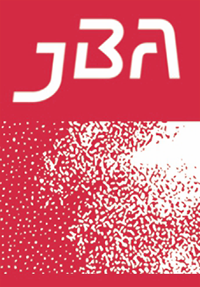The “Right Way”: Moral Capitalism and the Emergence of the Corporate Ethics and Compliance Officer
DOI:
https://doi.org/10.22439/jba.v2i1.5009Keywords:
Morality, Business Ethics, Compliance, Moral CapitalismAbstract
Under the influence of U.S. government regulations, enforcement of anti-bribery laws and embarrassing corruption scandals, major global corporations have realized that unethical conduct may affect not only their reputations but also their profits. This development has given rise to a new position within the traditional management team: the ethics and compliance officer (who differs from the established corporate social responsibility function). Based on field research in the compliance industry, this article describes how the moralization of firms has led to the emergence of a new corporate function: the ethics and compliance officer. It further describes how ethics and compliance officers learn their craft and how they cope with their role as moral compass of firms that need to compete in a global market where ethics may be viewed as a cost that inhibits profitability.Downloads
Published
2016-05-24
Issue
Section
Articles
License
Authors who publish with this journal agree to the following terms:
- Authors retain copyright and grant the journal right of first publication with the work simultaneously licensed under a Creative Commons Attribution License that allows others to share the work with an acknowledgement of the work's authorship and initial publication in this journal.
- Authors are able to enter into separate, additional contractual arrangements for the non-exclusive distribution of the journal's published version of the work (e.g., post it to an institutional repository or publish it in a book), with an acknowledgement of its initial publication in this journal.
- Authors are permitted and encouraged to post their work online (e.g., in institutional repositories or on their website) prior to and during the submission process, as it can lead to productive exchanges, as well as earlier and greater citation of published work (See The Effect of Open Access).



